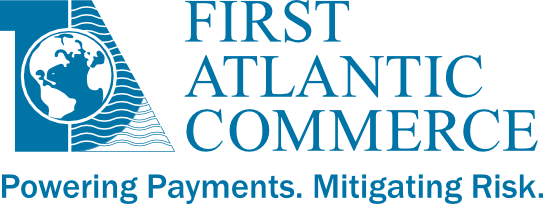Just like every aspect of technology, the world of payment processing is constantly evolving to make transactions quicker and easier, and to make sure that companies and service providers get paid as efficiently as possible. Most people likely think of all payment processing platforms as exactly the same, but the truth is a lot has changed. Consumers have many more options besides simply swiping their card at a point-of-sale terminal, and some sellers are even exclusively using some payment processing methods over others. And those options are only going to be even more plentiful if the payment processing world continues to follow these trends.
The first is also the most obvious – there are more payment processing options than ever before, and constantly increasing. It’s so much easier and less worrying to go cashless, and one day very soon you might be able to buy everything you need without even needing your wallet.
For those in North America, platforms like PayPal and Stripe are still extremely common, but portable card reading options like Square let any seller or service provider give a brick-and-mortar experience wherever they’d like. For those outside of the US, services like Payoneer not only let people create accounts that let them perform transactions anywhere in the world, but even are beginning to roll out payment options for their users. Then there are app services like Apple Pay, Google Pay, and the ever-growing number of others, letting you use your credit card while keeping it safe and secure wherever you are.
The even bigger disruption in the payment process world comes in the form of entirely frictionless payment experiences. And no, I don’t mean NFC smartcards and the like. The future of payment processing may very well look like someone walking into a store, picking something that they like, and walking back out of the store. No cards, no cash, not even a cashier. If that sounds too sci-fi for you, then look no further than the innovative supermarket that is Amazon Go. It’s Amazon’s latest experiment in how to transform customers’ experiences by almost completely eliminating checkout lines in the store, letting customers just pick up what they want and go. Soon, though, not just groceries, but every store may look like this one.
https://www.youtube.com/watch?v=vorkmWa7He8
And then there are peer-to-peer payments. There are some things that we still think will always require cash, no matter how much we wish it didn’t e.g. splitting the bill at a bar. Turns out, though, that won’t be the case forever. Payment platforms like Venmo and Cashapp already make it so easy to give money to someone you know. More and more banks are using Zelle to give their customers the option to send money directly to others’ bank accounts.
Some people use these platforms to not just lend money to their family and friends, but to pay their rent and donate to young, upcoming artists. The only thing that’s left is for consumers to be able to pay for purchases at stores using these platforms. Venmo is already leaning into this, by making it possible to use their app to make payments in all the same stores that accept PayPal (they’re both run by the same parent company, so it’s not hard to see why). As more peer-to-peer payment applications give their users the ability to do the same, users would only need one or two apps to give their friend from work gas money, transfer money from their checking to their savings account, and pay for that outfit they’ve been eyeing from their favorite store.
And this is likely just the tip of the iceberg. As technology continues to advance, and consumers keep craving simpler ways to get what they want and need, the ways we pay will keep growing and changing. Payment platforms are also going to change to keep up with the demands of those who sell products and services, especially in regions like the Caribbean, where so many small and medium-sized enterprises are eager to put themselves into the larger international market. For now, we should all keep our eyes open for those changes. They’re no doubt going to be important ones.

